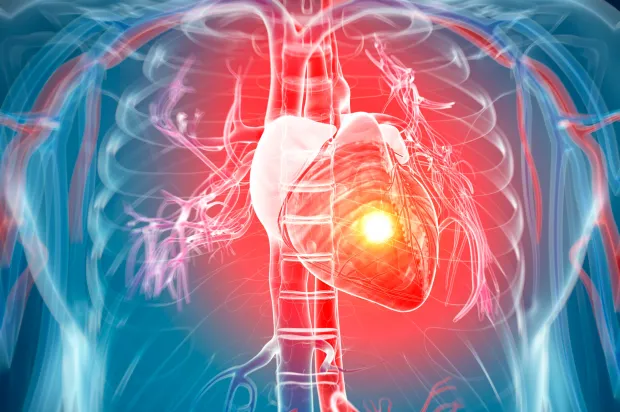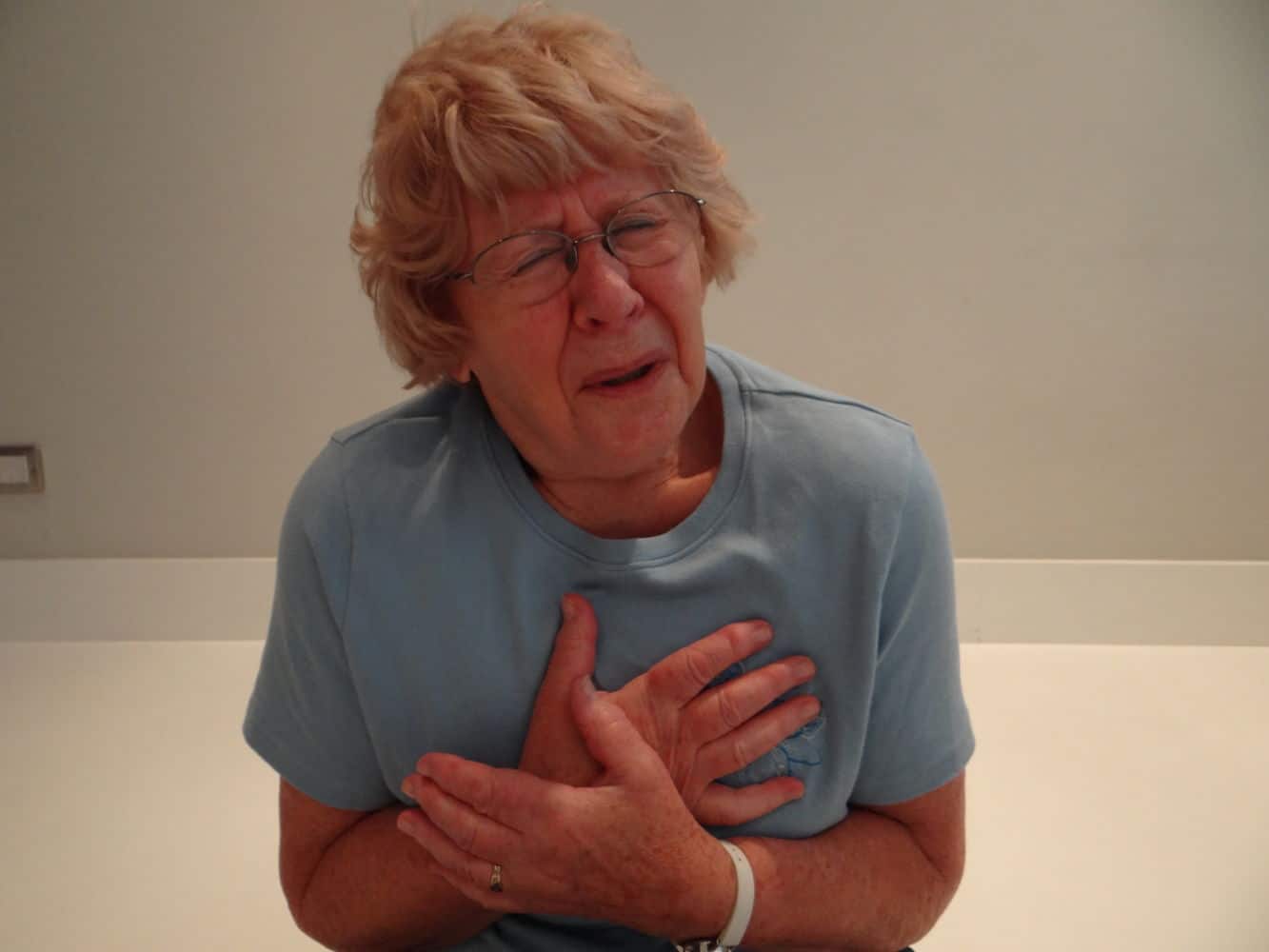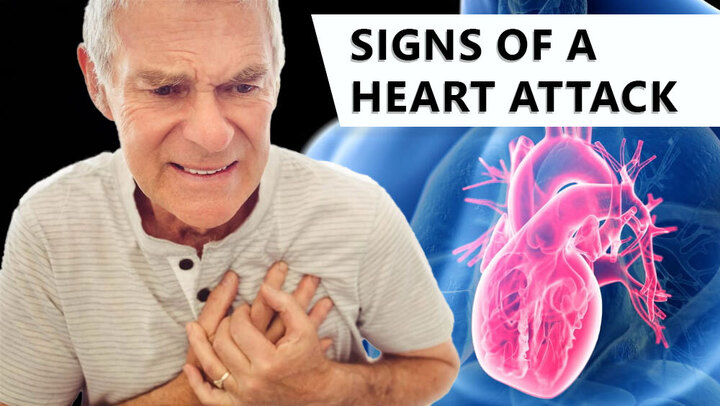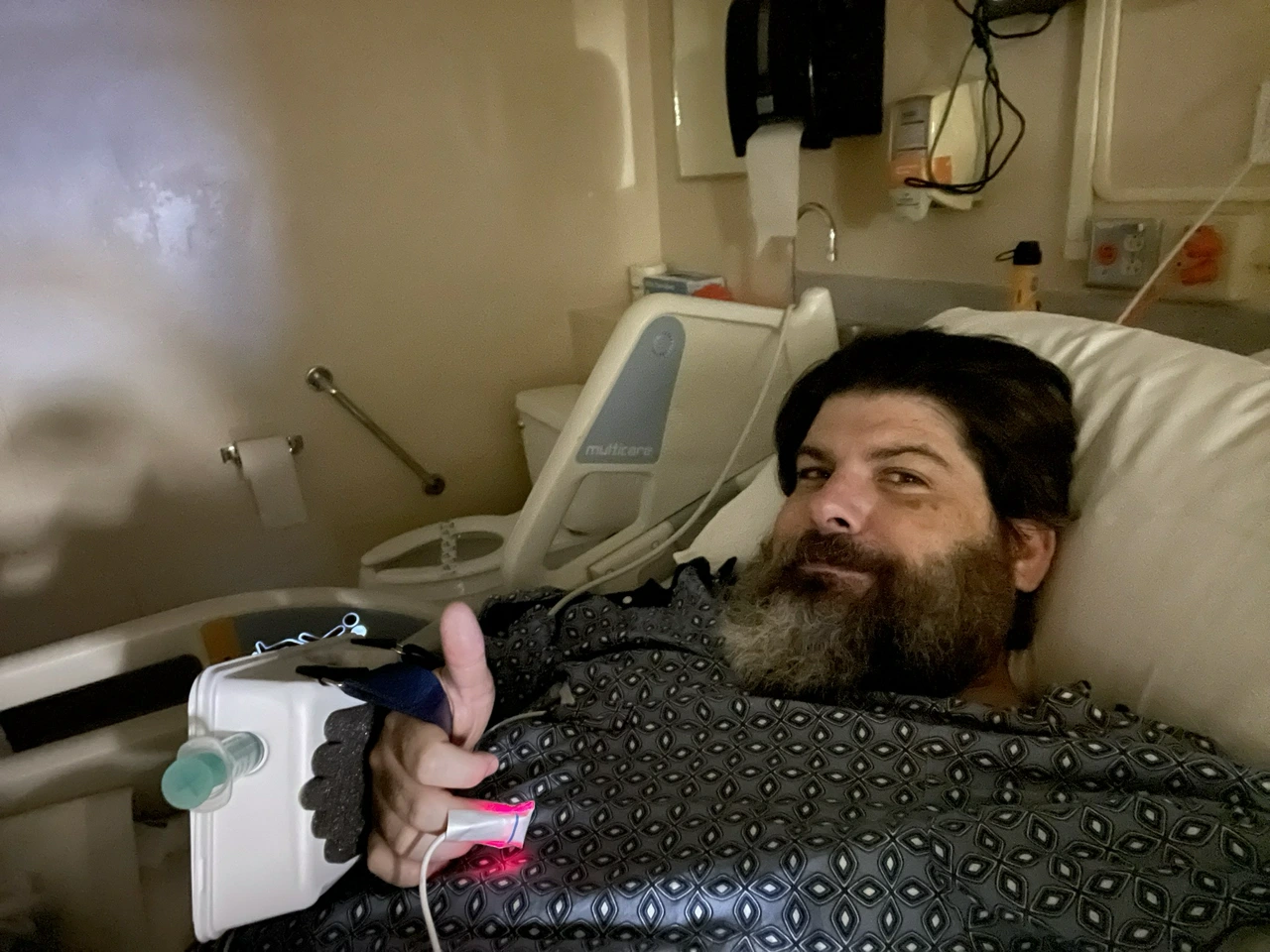A heart attack is when the flow of blood to the heart gets blocked, and it's a big deal because it can be deadly. But if you know what signs to look for, you can get help right away! Here are 10 signs that mean you should call for help, explained so anyone can understand.
10 Signs You Might Be Having A Heart Attack: Explained Simply

A heart attack is when the flow of blood to the heart gets blocked, and it's a big deal because it can be deadly. But if you know what signs to look for, you can get help right away! Here are 10 signs that mean you should call for help, explained so anyone can understand.
Chest Feels Weird
Fact: The chest pain associated with heart attacks, medically known as angina, occurs because part of the heart muscle isn't getting enough oxygen-rich blood due to a blockage in one or more coronary arteries

Imagine someone sitting on your chest or a big elephant squishing it. It might feel really uncomfortable, hurt a lot, or just feel off. It's the kind of feeling you can't miss because it feels like nothing else. This pain or discomfort is your heart saying, "Hey, something's wrong here!"




